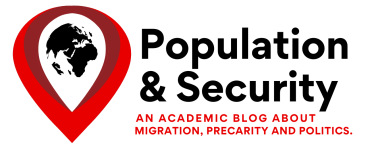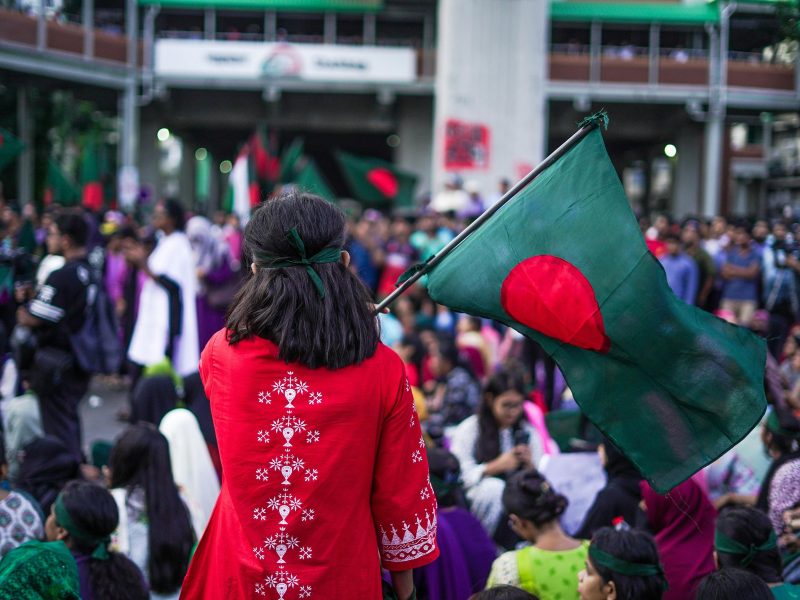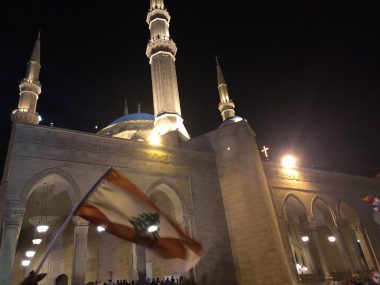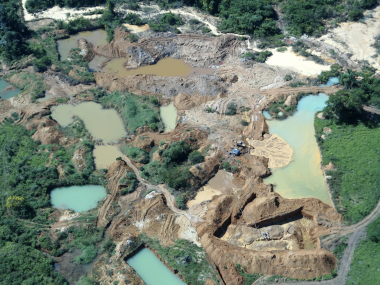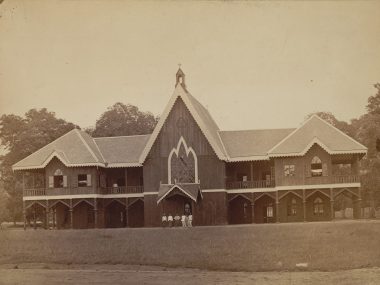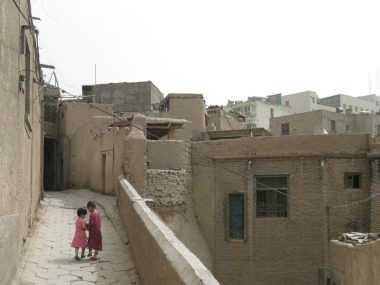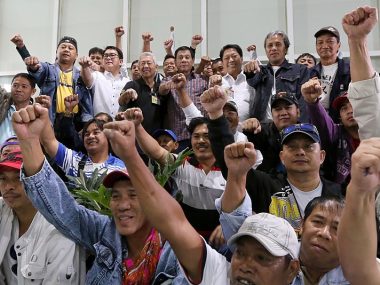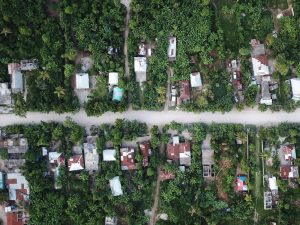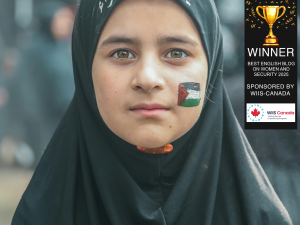Bangladesh’s bloody July-August mass uprising has pushed the country into a multitude of crises. The uprising, originally started as a student-led movement to rescind quotas in government job[1] [2] s, transformed into a one-point agitation to topple the country’s longest standing authoritarian leader Sheikh Hasina and her political party, Awami League (AL). With the fall of the Hasina regime on 5th August, an interim government led by Nobel laureate Dr. Muhammad Yunus took power. As the country looks towards the future, it is facing a three-way political competition among the newly formed National Citizen Party (NCP)—led by the student leaders of the July uprising, the country’s largest political party—the Bangladesh Nationalist Party (BNP) and the country’s biggest Islamist party—Jamaat-e-Islami. The country’s competitive political landscape is reflected in the rhetorical contestations and disputes over several contentious political issues in the post-Hasina Bangladesh: the future of the country’s constitution, the tentative timeline of the next election and how to deal with the deposed dictator’s political party. But why have these divisions emerged? And how are these divisions shaping Bangladesh’s political discourse? Exploring these questions reveals deeper ideological divisions within the Bangladeshi society—divisions that could undermine the country’s nascent journey towards democracy.
1972 Constitution: the Root of All (Dis)order?
Bangladesh’s current constitution traces its origin to 1972, when it was adopted by a constituent assembly formed with the elected federal and provincial members of the 1970 election held during the Pakistan era. The proponents of the constitution hail it as an ‘achievement’[3] of the liberation war of 1971, and a politically significant document that embodies the progressive spirit of the liberation war. Its opponents however, view the constitution as the root of most political problems of the country, and a discursive tool long used to legitimize Hasina’s dictatorship. The major argument against the constitution is that it is grounded in a ‘winner takes it all’ philosophy—where the power is concentrated in the hands of the Prime Minister—a factor that largely explains the periodic emergence of authoritarianism in Bangladesh. Hence, the NCP wants to bring a new constitution which guarantees checks and balances among three branches of the government, creating a truly independent judiciary and limiting the power of the Prime Minister .
Nevertheless, there is a political dimension to NCP’s demands on the constitution. The 1972 constitution was adopted under the leadership of the country’s first president and Hasina’s father Sheikh Mujibur Rahman. The four foundational principles of the constitution—Democracy, Secularism, Socialism and Bengali Nationalism—colloquially known as ‘Mujibism’, are simultaneously the guiding principles of Hasina’s own Awami League (AL). While the Hasina regime has done little justice to its own self-declared principles by rigging and manipulating three consecutive elections, the student leadership believes that keeping the 1972 constitutional structure would preserve the anti-democratic disorder that ultimately led to the 15 years of Hasina dictatorship, and all authoritarian regimes came before it.
However, BNP has opposed scrapping the constitution entirely, rather it has suggested a series of constitutional amendments to address its shortcomings in line with the party’s 31-point structural reform agenda. But critics argue that despite 17 amendments, the constitution has failed to bring any qualitative transformation to the country’s political system. Instead, ruling parties have amended the constitution for their narrow ideological and regime interests. Hence, for the NCP, moving towards a new constitution, and preferably a second republic should be the next path forward.
Reforms or Election?
Political forces in Bangladesh are also divided on when the next parliamentary election should happen. The leadership of NCP has demanded substantial constitutional, political and administrative reforms before an election is held. Contrary to the demands of BNP, NCP has proposed to hold local government and constituent assembly elections before parliamentary elections.
These demands of the student-led NCP are being tacitly supported by the Jamaat-e-Islami, which too has reiterated support for necessary reforms, and demanded local government elections before parliamentary election. However, the BNP has rejected the idea of local government polls and resisted the call for broad reforms before parliamentary elections. It has insisted that the interim government does not have the mandate to carry out key reforms such as enacting a new constitution or restructuring the administration, instead arguing that it should focus solely on conducting election-centric reforms. It has also alleged that the interim government is biased towards NCP, and is only delaying elections so that the student-led party can get enough time to build grassroots level[4] organization to take on BNP in the next election.
Amidst the political tug of war, Dr. Mohammad Yunus, the chief advisor of the interim government, has hinted at conducting the next parliamentary election by the end of 2025 or early 2026. However, BNP, which is widely anticipated to win the next election, is keeping the pressure on the government to hold an election as soon as possible, which is bringing it into direct confrontation with the NCP and Jamaat.
The Future of Awami League
Another contentious issue in Bangladeshi politics is the fate of Hasina’s Awami League party. The students have repeatedly demanded a complete ban on the party, or at the very least preventing the party from contesting the next election, given its role in the violent crackdown and human rights violations during the July-August uprising. While the interim government has banned AL’s student wing from operating in the university and college campuses, it has stopped short of banning the entire organization of AL, leaving the possibility of its future participation in elections open.
The interim government is walking on thin ice on the issue of banning AL. Under pressure from the students, the government wants a national consensus on deciding the fate of AL. Things have got more complicated, as BNP has shown reluctance on banning the AL. The party insisted that banning a political party sets a dangerous precedent—which can someday be used against other political parties in future. Rather, it believes that AL’s political fate should be determined by the ballot box.
Bangladesh’s July-August uprising has demonstrated remarkable unity among different political camps, with both Left and Right coming under a common banner to overthrow the 15-year-long dictatorship. However, as the country transitions towards democracy,[5] political divisions have resurfaced. How the different political forces with contrasting ideological visions address their policy differences will ultimately decide whether Bangladesh can embark on the long-sought path of inclusive democracy or plunge further into violent political infighting, which has long characterized its history.
